From the onset of the COVID-19 pandemic in Lebanon, local authorities have been playing a major role to curtail the spread of the disease, particularly in vulnerable urban settings, while still maintaining critical services.
To identify major problems and suggest solutions, UN-Habitat assessed 34 Unions of Municipalities, in addition to 5 individual municipalities, covering 52 per cent of all municipalities in Lebanon, which translated into more than 3 million Lebanese nationals, 700,000 Syrian refugees, and 180,000 Palestinian refugees from Lebanon.
The report highlights several key urban challenges relating to COVID-19 such as lack of clean water in most disadvantaged urban neighbourhoods and the incorrect treatment of wastewater and solid medical waste. Other challenges include translating national level directives and guidance at the local level and a lack of clear procedures on preventative measures to take against COVID-19 at the community level.
The report also proposes a number of mitigating measures ranging from the most urgent to long-term needs to promptly and effectively address the challenges of COVID-19 at the urban level led by local authorities.
Read the full report on UN-Habitat website.
Recommended by Luisa Bravo

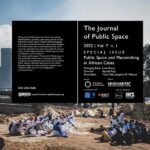

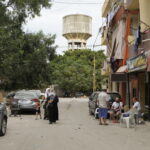
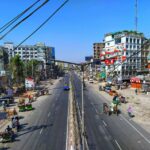


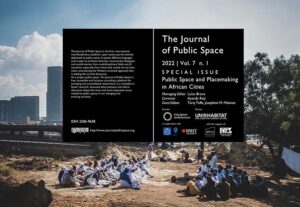

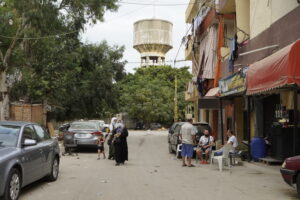
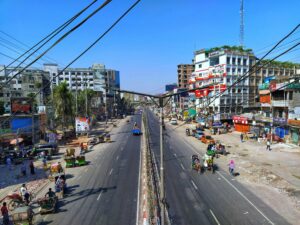
More Stories
Gender inequalities in Beirut’s public spaces
10 years of Global Public Space Programme – Annual Report 2022 and reflections on a Decade of Public Space
SDG 11: Progress, challenges, lessons learned and tools for sustainable transformation of cities